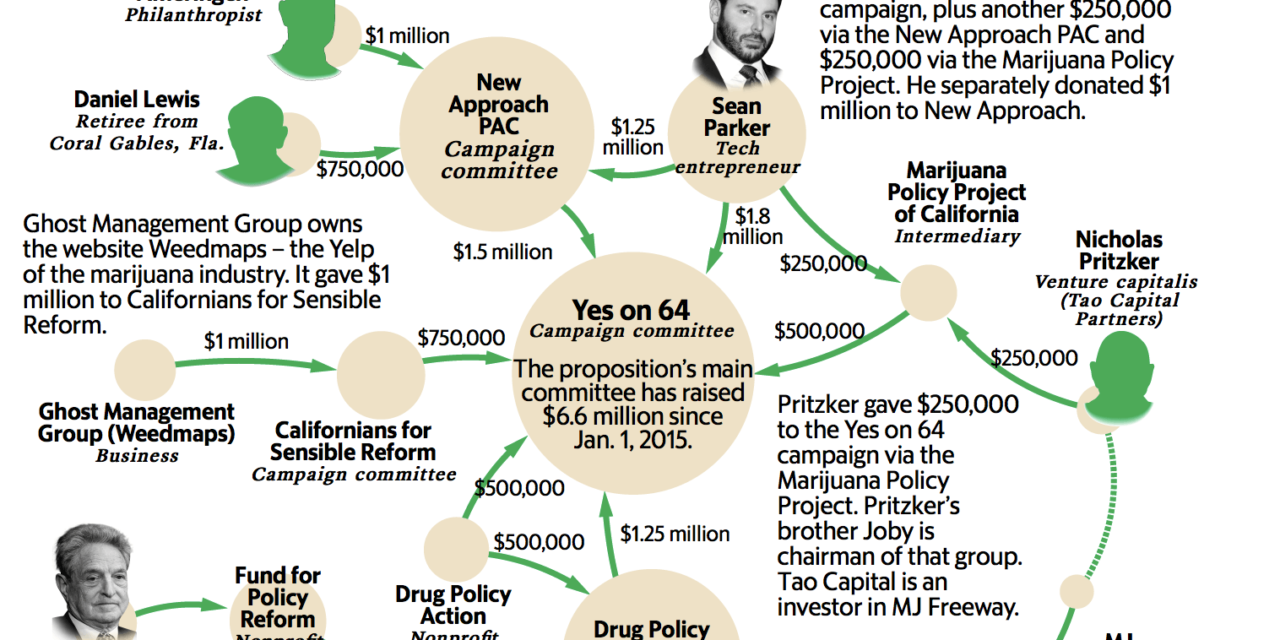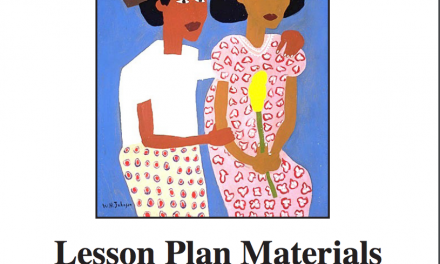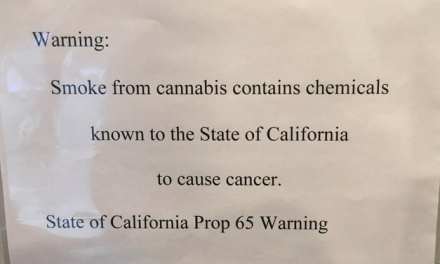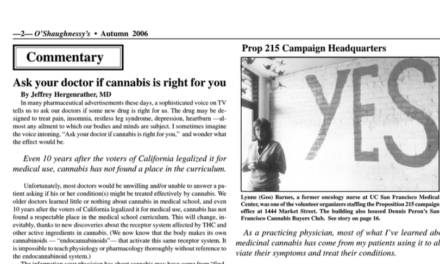A very informative piece by Deb Tharp in Nugg details the barriers to small-scale cannabis cultivation created by California’s Adult Use of Marijuana Act (AUMA). The text states in reference to the regulations being created by AUMA: “…nor shall such regulations make compliance unreasonably impracticable.”
The AUMA authors added: “’Unreasonably impracticable’ means that the measures necessary to comply with the regulations require such a high investment of risk, money, time, or any other resource or asset, that the operation of a marijuana establishment is not worthy of being carried out in practice by a reasonably prudent business person.”
But… An investment that is “reasonably practicable” for the rich, prudent business person who anticipates high returns is “unreasonably impractical”—out of reach— for the poor, prudent business persont. The high costs of entry created by AUMA are simply barriers to those without capital.
Although pharmaceuticals are not taxed at all in California (and most of the US), AUMA imposes a 15% excise tax on medical as well as recreational cannabis users. Didn’t the drafters of AUMA know that cannabis really is medicine? The industry “players” who backed AUMA knew damn well that cannabis is medicine, but they were in a hurry to reach the bigger adult market and the legislators wanted a 15% excise tax, so… they simply sold out the medical users who had made their earlier success possible. —Fred Gardner






